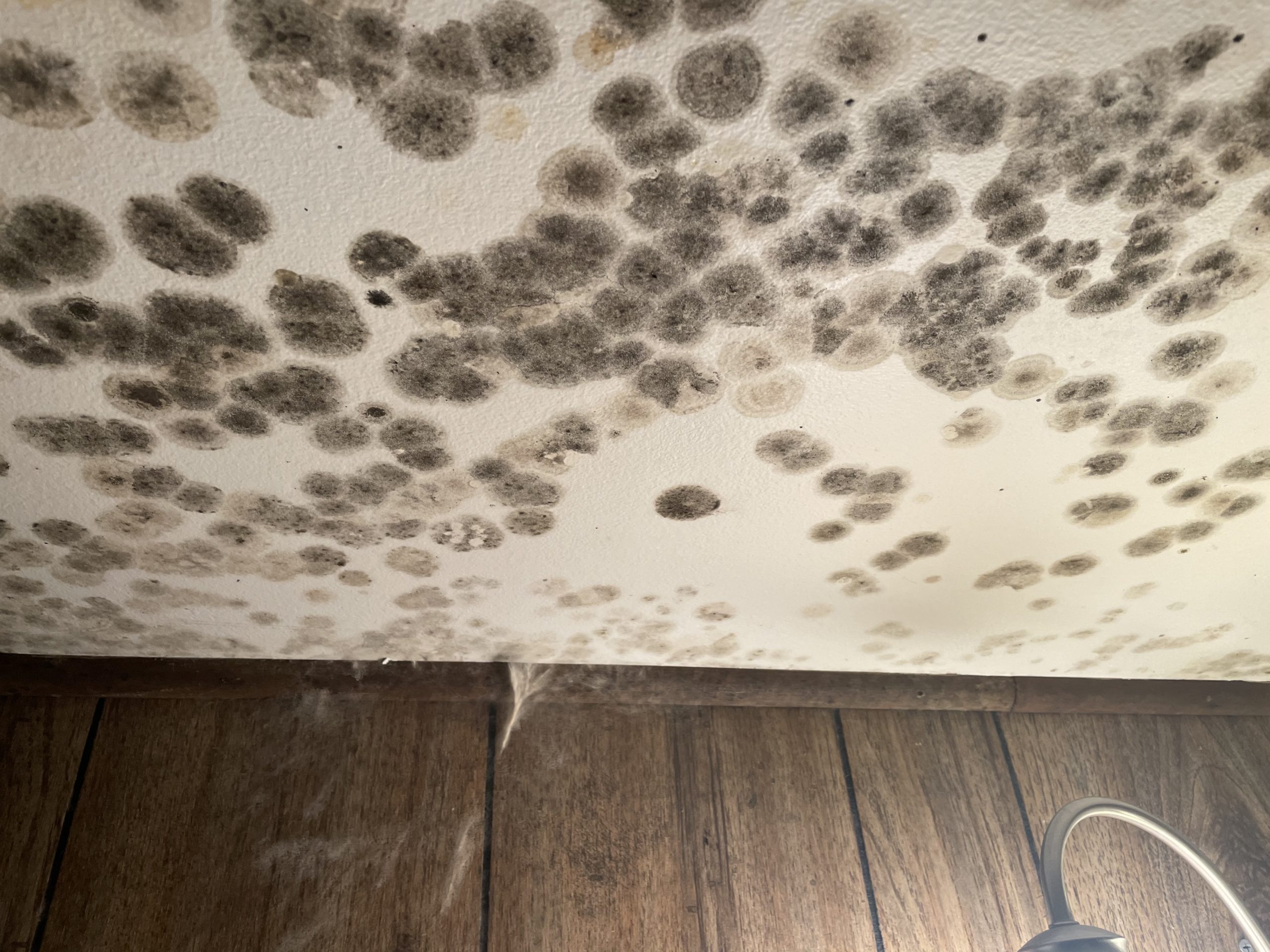Loss of smell — anosmia (an-OZ-me-uh) — can be partial or complete, although a complete loss of smell is fairly rare. Loss of smell can also be temporary or permanent, depending on the cause. Loss of smell is rarely a symptom of a serious condition. Still, an intact sense of smell is necessary to fully taste and enjoy food. Loss of smell could cause you to lose interest in eating, which could possibly lead to weight loss, malnutrition or even depression.
Causes
The common cold is a frequent cause for a partial, temporary loss of smell. Chronic sinus infection also may result in a loss of smell. Other obstructions in the nasal passages, such as polyps, also may cause at least a partial loss of smell. Normal aging is often the cause of a progressive, complete, and permanent loss of smell.
Anosmia can be caused by temporary or permanent irritation, or destruction of the mucous membranes lining the inside of your nose. This can be caused by:
- Acute sinusitis (sinus infection)
- Common cold
- Hay fever (allergic rhinitis)
- Influenza (flu)
- Nonallergic rhinitis (chronic congestion or sneezing not related to allergies)
- Mold Exposure
These conditions are generally the most common causes of loss of smell.
Obstructions in Your Nasal Passages
Anosmia can be caused by something physically blocking the flow of air through your nose. These obstructions can include:
- Bony deformity inside your nose
- Nasal polyps
- Tumors








